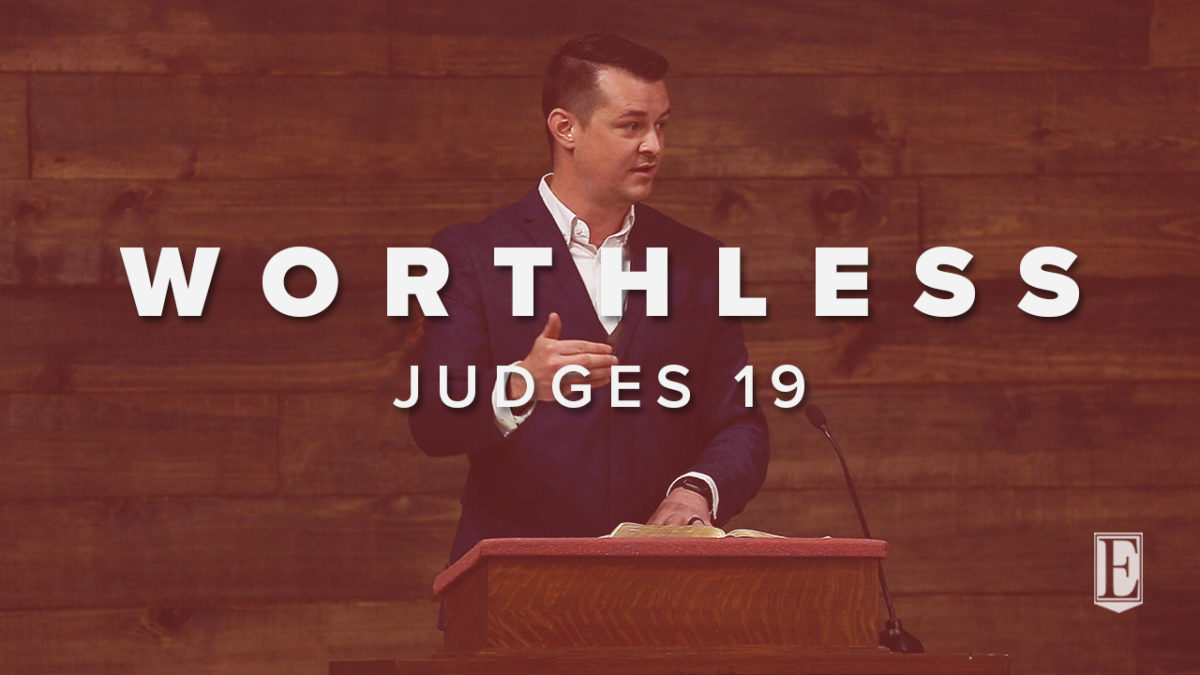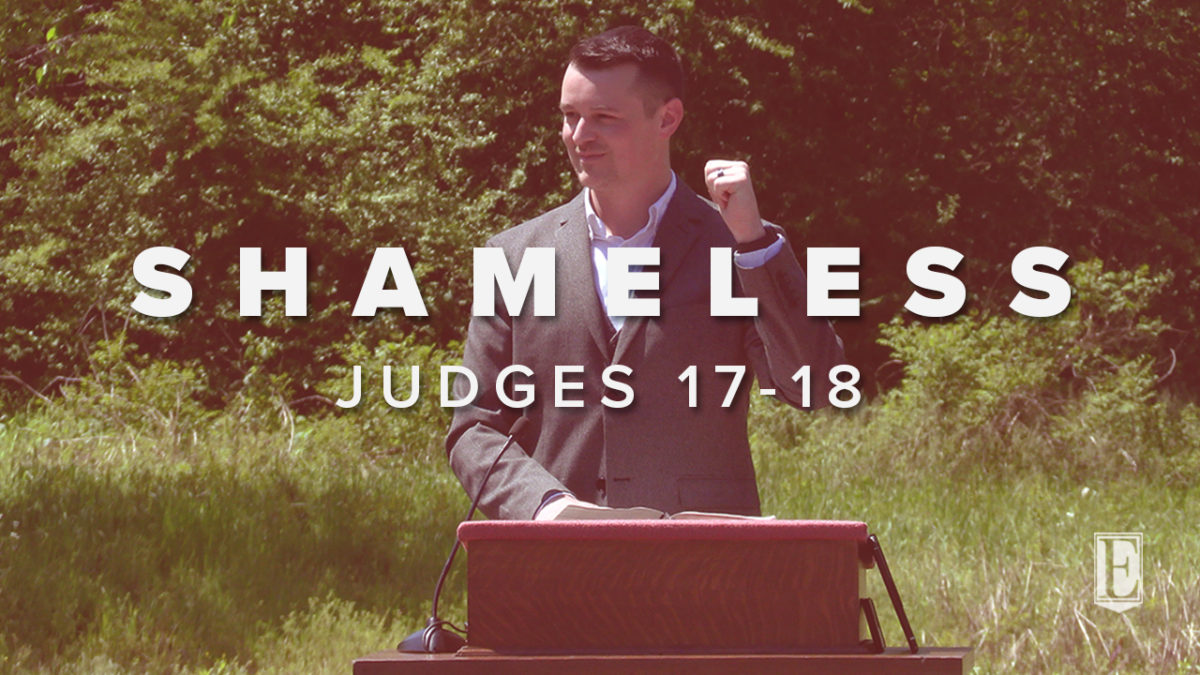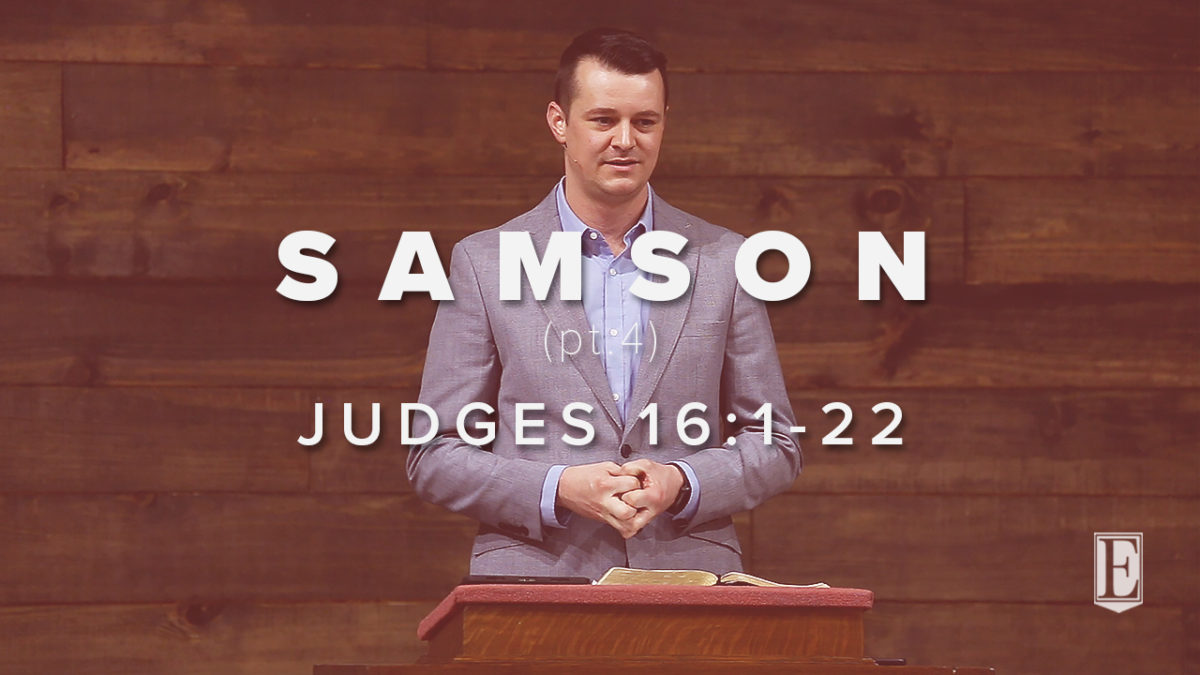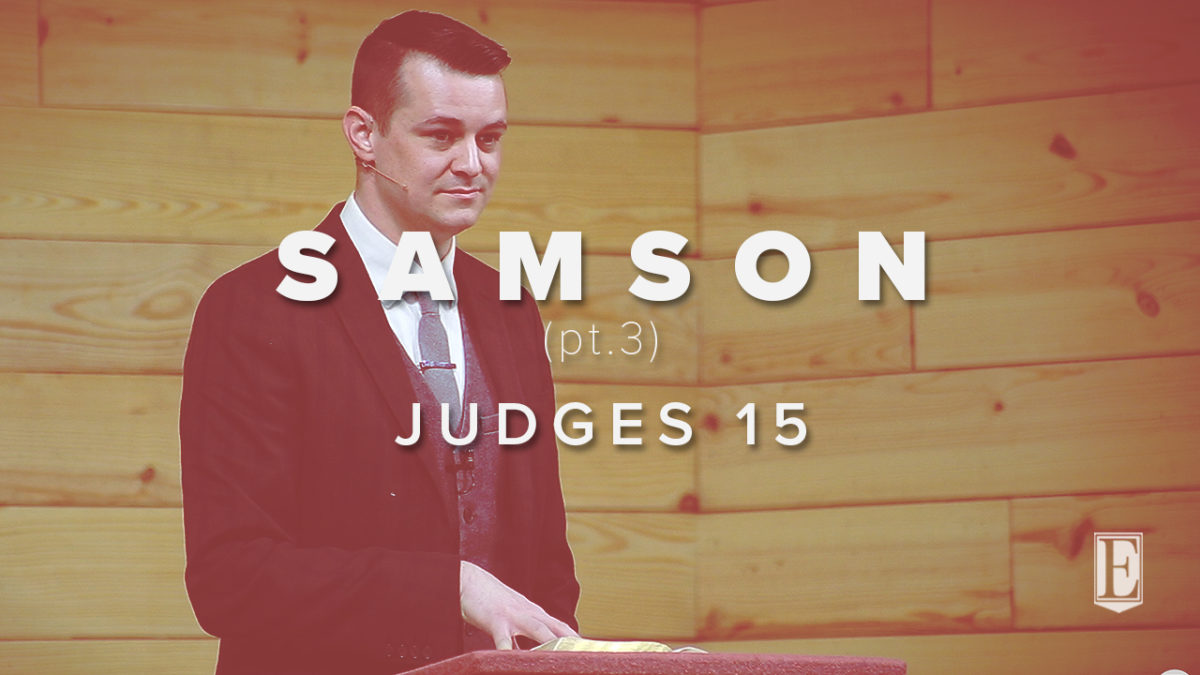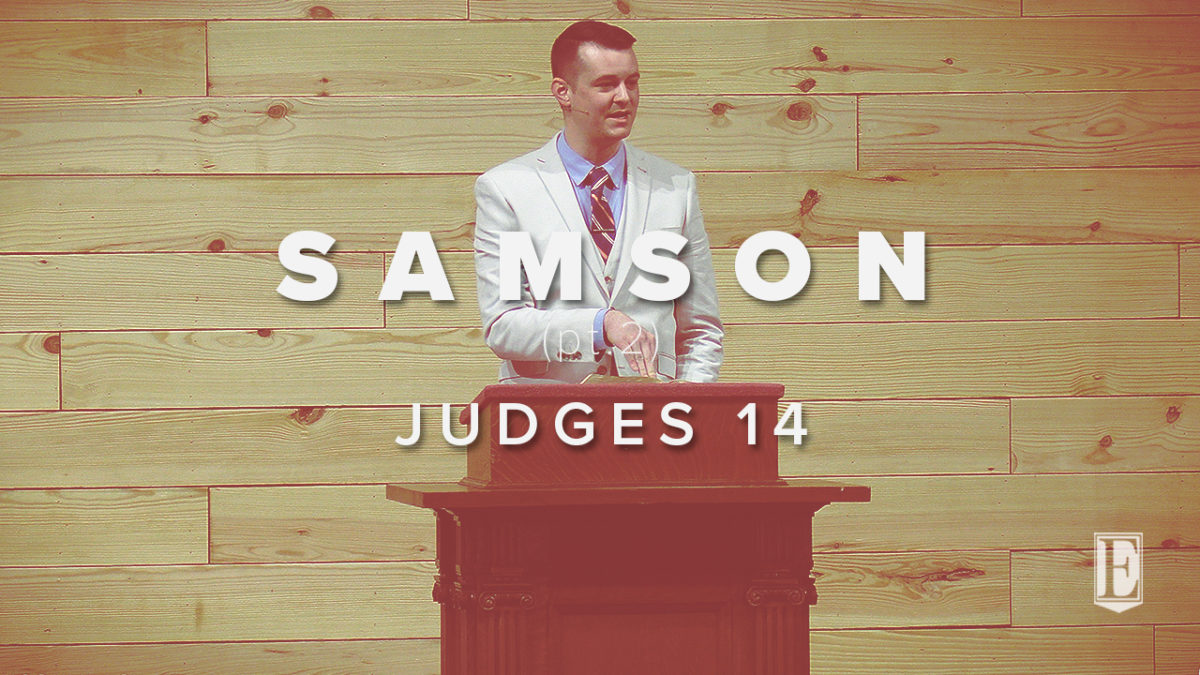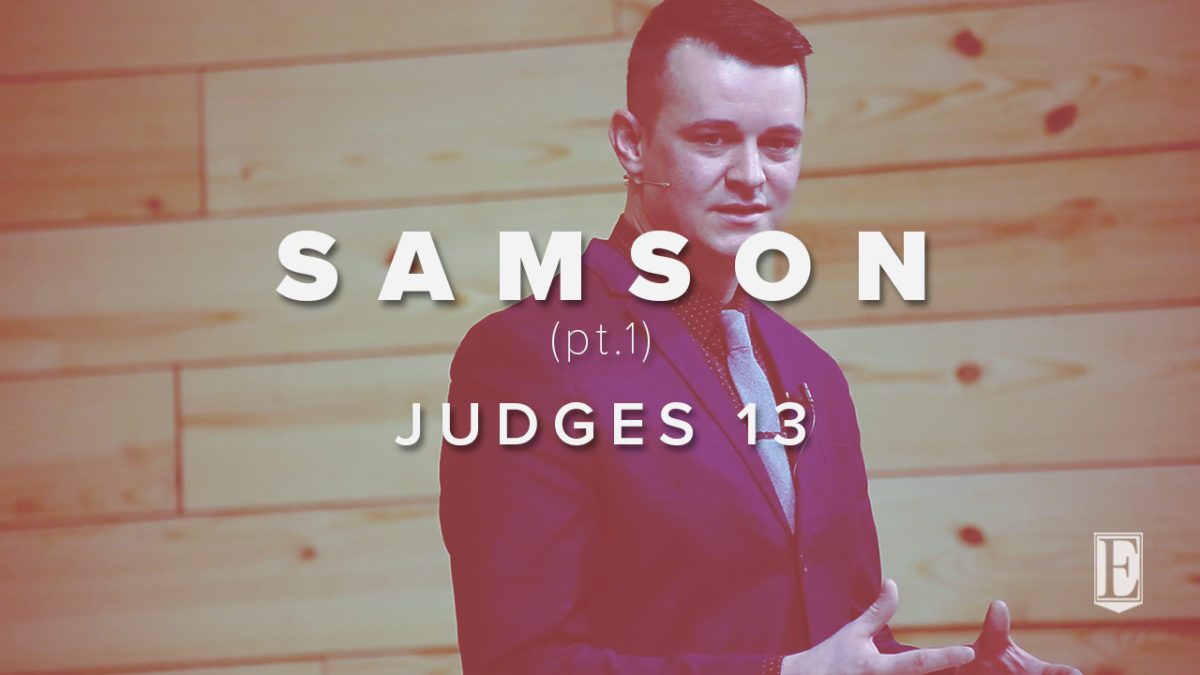OUTLINE
“In those days there was no king in Israel. Everyone did what was right in his own eyes.” (Judges 21:25).
But…
I. There is a King coming who will do what is right in the LORD’s eyes
II. There is a King coming who will defeat the giant enemies of the LORD’s people
III. There is a King coming who will establish a kingdom that will never end
DISCUSSION
1. Read chapter 21 and write down what stands out to you as the people of Israel scramble to reverse what they have done to wipe out the tribe of Benjamin.
2. How does verse 25 perfectly sum up the book of Judges? What are some scenes wherein you vividly remember someone doing “what was right in his own eyes”?
3. Look back through the entire study at all of your answers. What was new? What was convicting? What was encouraging?


